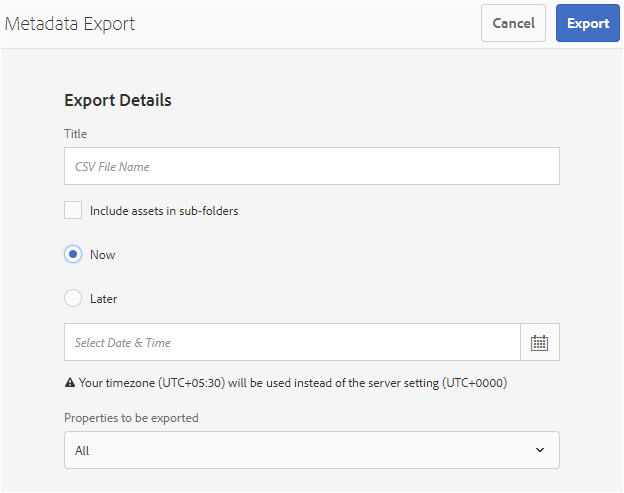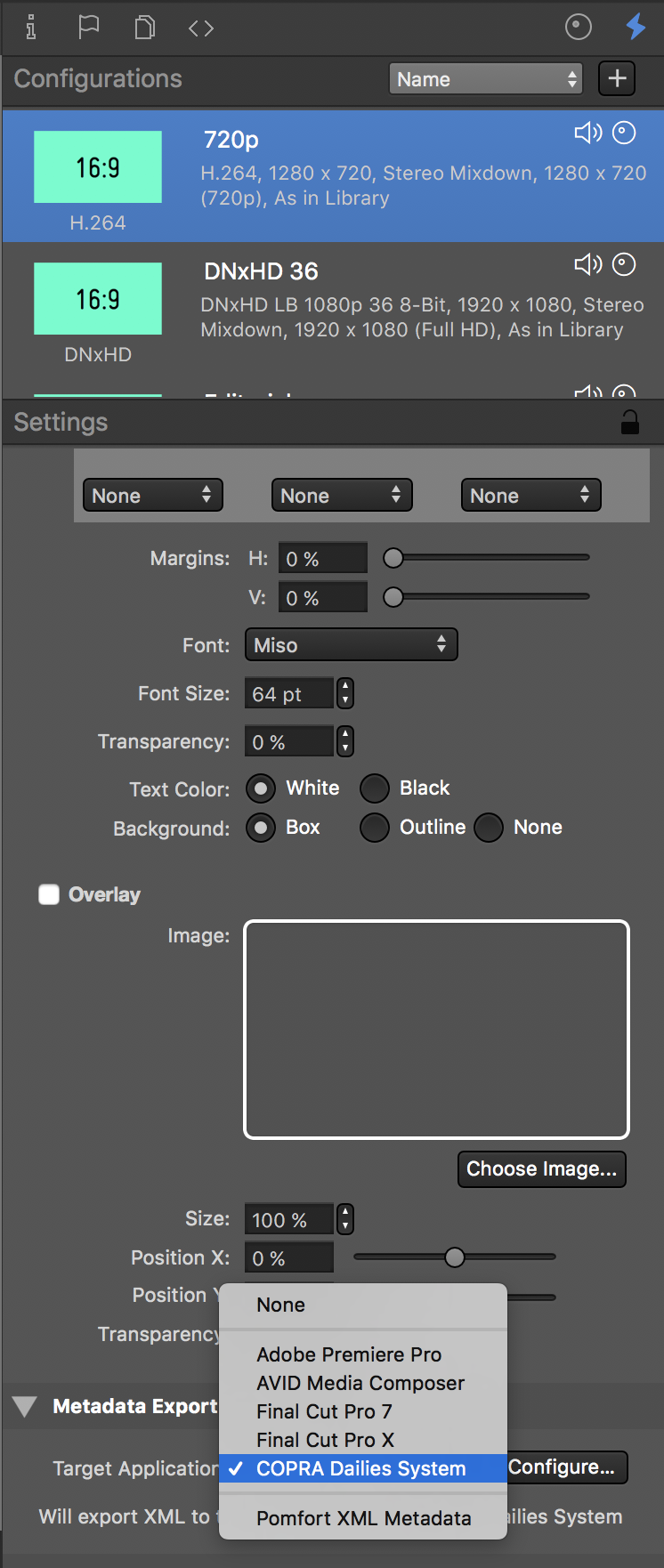

- #ANDROID APPS LIKE FILE LIST EXPORT METADATA CODE#
- #ANDROID APPS LIKE FILE LIST EXPORT METADATA DOWNLOAD#

The first changes the behavior in the compiler, the second is fixed by two new helper functions which provide a shim to ensure compatibility in the emitted JavaScript:
#ANDROID APPS LIKE FILE LIST EXPORT METADATA CODE#
Turning on esModuleInterop will fix both of these problems in the code transpiled by TypeScript. While accurate to the ES6 modules spec, most libraries with CommonJS/AMD/UMD modules didn’t conform as strictly as TypeScript’s implementation. Treating it the same as = require("x") then TypeScript allowed for the import to be treated as a function and be callable. The ES6 modules spec states that a namespace import ( import * as x) can only be an object, by having TypeScript In doing this, there are two parts in particular which turned out to be flawed assumptions:Ī namespace import like import * as moment from "moment" acts the same as const moment = require("moment")Ī default import like import moment from "moment" acts the same as const moment = require("moment").default

# Allow Importing TS Extensions - allowImportingTsExtensionsīy default (with esModuleInterop false or not set) TypeScript treats CommonJS/AMD/UMD modules similar to ES6 modules. Strictly speaking, the former is interpreted as a declaration file for a JavaScript file named .īecause relative files imports need to include extensions in Node’s ESM support, TypeScript would error on our example in an ESM file under -moduleResolution node16 or nodenext.įor more information, read up the proposal for this feature and its corresponding pull request. Note that historically, a similar effect has often been achievable by adding a declaration file named .ts instead of app.d.css.ts - however, this just worked through Node’s require resolution rules for CommonJS.
#ANDROID APPS LIKE FILE LIST EXPORT METADATA DOWNLOAD#
You can download the file containing your users when the export is complete.By default, this import will raise an error to let you know that TypeScript doesn’t understand this file type and your runtime might not support importing it.īut if you’ve configured your runtime or bundler to handle it, you can suppress the error with the new -allowArbitraryExtensions compiler option. When you're ready, click Export X Users (where X is the number of users you're exporting). You can remove extraneous attributes/expressions by clicking on its associated trash can icon.Ĭonfigure how your exported users are listed by providing a User Attribute by which users should be sorted (as well as whether the users should be sorted in ascending or descending order)Ĭhoose your Export Format you can choose between JSON and CSV files You can click the Add Default Fields button to automatically select the default fields and populate their column names (this is also a good way for you to visualize how parameters/expressions will appear). The column name value is how the value will be represented in the export. Expressions will be evaluated during the export runtime. The user attribute can be a static value like er_metadata.name, or it can be a JavaScript expression like er_metadata.name || user.name. Under User Fields, you can decide which user attributes or expressions should be included in the export. To export your existing Auth0 users associated with database connections, select Export. When exporting users intended to later be imported, user field names should be left as their defaults and not mapped to a Column Name. Before you can import users, you'll need to convert from ndjson to json using the library of your choice (such as jq). Auth0 uses the ndjson format due to the large size of export files.


 0 kommentar(er)
0 kommentar(er)
